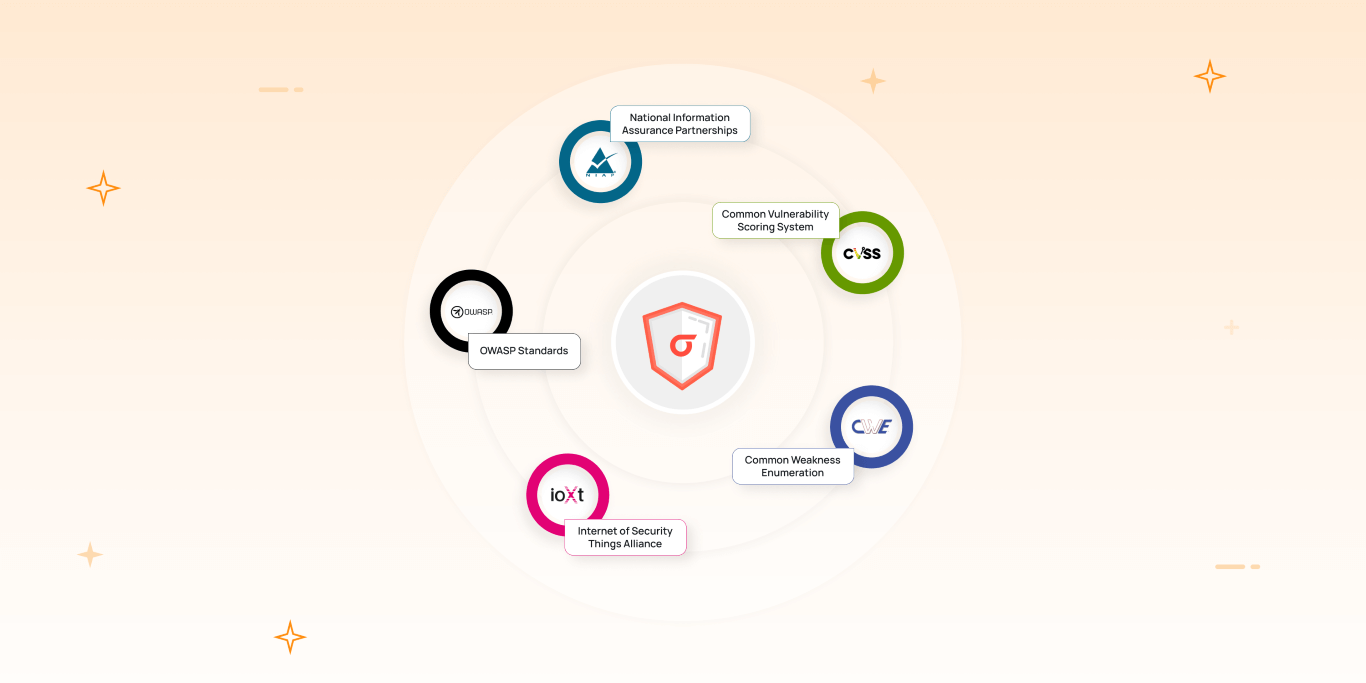In the quickly growing finance industry, businesses struggle with managing huge data volumes and ensuring accuracy in financial reporting. Traditional manual approaches and old static models are inadequate in overcoming these issues, especially in a world of quick market changes. Entering AI in financial reporting solutions!
Such tools simplify financial auditing and reporting processes, increasing accuracy and providing real-time insights. Through machine learning and advanced analytics capabilities, AI solutions automate repetitive tasks, reduce errors, and speed up reporting cycles. Additionally, AI-based predictive analytics enhance capabilities in forecasting, fraud prevention, and risk management. In fact, according to KPMG International, 72% of companies are already exploring or employing AI in financial reporting, with projections suggesting huge adoption within three years.
This blog explores how AI redefines financial reporting with its applications, benefits, and real-world use cases. We will also read how Markovate can help organizations implement AI solutions for better financial outcomes.
What is the Role of AI in Financial Reporting?
AI is changing financial operations and reporting through advanced capabilities that significantly improve accuracy, efficiency, and decision-making. Here are some of the key areas where AI helps in financial reporting:
1. Automated Data Collection
AI tools can efficiently collect and organize financial data from multiple sources like bank statements, invoices, and receipts. This assists in reducing manual work and errors.
2. Real-Time Financial Reporting
With real-time financial transaction monitoring, businesses can get updated insights on cash flow and expenses. This updated financial reporting helps improve decision-making.
3. Financial Statement Analysis
AI tools automate the review of financial statements, thus ensuring accuracy and preventing fraud by reporting discrepancies in real-time.
4. Natural Language Processing for Easier Data Access
Natural Language Processing enables users to request financial data in simple language, like “Show me the last ten years of financial statements.” The AI system then translates this into a query, processes it against the database, and returns the relevant information, thus making data access faster and more intuitive.
5. Automated Auditing
AI automates the auditing process by cross-referencing financial data against regulations. This ensures compliance and also improves audit accuracy and efficiency.
By using AI capabilities in such areas of financial reporting, businesses can not only improve the accuracy and efficiency of their financial reporting processes but also free up valuable time for other important decisions. Overall, AI in financial reporting is totally changing the industry, thus making it more agile, transparent, and compliant.
What are the Benefits of Leveraging AI in Financial Reporting?
Here are a few of the benefits that one can get by using such solutions:
1. Better Accuracy
AI solutions reduce human error issues in financial reporting by automating data collection, analysis, and report generation. This ensures consistent accuracy across financial records.
2. Faster Decision-Making
AI solutions provide real-time insights that allow businesses to make informed financial decisions quickly. This leads to improved cash flow management and better response to market demands or trends.
3. Cost Efficiency
By automating repetitive tasks like data entry and report generation, organizations can reduce labor costs and operational inefficiencies. This way, AI in financial reporting allows organizations to focus on more strategic activities.
4. Enhanced Compliance and Risk Management
Such solutions ensure adherence to financial regulations and standards as they continuously monitor data for discrepancies and report potential compliance issues quickly.
5. Improved Forecasting
AI’s predictive capabilities analyze past trends to provide more accurate financial forecasts to help businesses plan budgets and allocate resources more effectively.
6. Scalability and Flexibility
Such solutions can scale with the business, adapting to growing data needs and increasing financial complexity. This provides long-term value without needing constant manual adjustments.
In short, utilizing AI boosts operational efficiency and gives businesses the tools to stay above market trends and navigate financial complexities more effectively.
Real-world Examples: AI in Financial Reporting
Top financial organizations increasingly utilize AI to improve their reporting accuracy, automate processes, and gain important insights. Here are a few real-world examples:
1. Deloitte
Deloitte’s use of Gen AI in financial reporting shows how advanced technologies are redefining audit processes. It helps automate routine tasks, analyze big datasets, and detect inconsistencies to help auditors get detailed insights and improve the accuracy of financial reports.
By integrating AI into audits, Deloitte enhances efficiency, reduces human error, and ensures compliance with regulatory standards. This ultimately drives greater transparency in financial reporting.
2. KPMG
KPMG Clara is an AI-based platform that improves financial operations like auditing and reporting. It uses advanced data analytics, machine learning, and automation to simplify audits by providing real-time insights and improved decision-making.
By utilizing AI capabilities, the platform helps auditors quickly identify risks, detect inconsistencies, and give more accurate financial reports. This enables businesses to achieve greater efficiency and transparency in their financial reporting.
These real-world examples show how AI is reshaping the way financial audits are conducted.
Interested in implementing one for your organization? Let’s check how Markovate can help!
How Can Markovate Help to Leverage AI in Financial Reporting Solutions?
At Markovate, we specialize in providing expert AI development services customized to meet the specific needs of the finance sector. Whether you aim to automate routine tasks, ensure regulatory compliance, or utilize predictive analytics, our developed AI solutions deliver accuracy, efficiency, and actionable insights.
Our team collaborates closely with financial organizations to integrate AI into existing workflows, thus enabling seamless adaptation to industry demands. This empowers your business to focus on strategy while AI handles repetitive tasks and data-intensive operations.
We prioritize financial data security with robust protocols to ensure confidentiality and compliance with industry standards. With our expertise in capabilities, like, machine learning, natural language processing, and data analytics, we assist businesses to transform financial reporting processes easily.
By partnering with Markovate, your organization can stay ahead of the competition by using the power of AI for the finance sector. Together, we can explore new opportunities and set new standards in the industry through our expert Fintech AI development.
Summing Up
By now, you must have understood that AI is reshaping financial reporting by enhancing accuracy, speed, and decision-making. With its ability to analyze huge amounts of data, automate routine tasks, and provide actionable insights, AI brings efficiency to audits, financial forecasting, and financial data management.
Companies adopting AI in financial reporting solutions notice improved accuracy and better predictive capabilities. As AI technologies advance, their integration into financial operations will continue to enhance the future of the finance sector. This offers businesses the tools to navigate an increasingly complex financial sector more accurately and confidently. Let’s connect with Markovate to know more!





















Discussion about this post